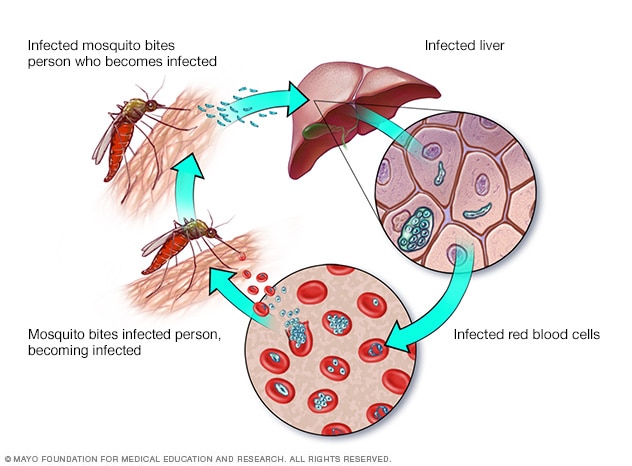
What is malaria? The disease is spread by mosquitoes who carry various types of malaria parasites. The mosquitoes bite a person who already has the infection and pick up the parasite from the skin.
It takes between 12 to 24 hours for the mosquito bites to become symptomatic. Malaria generally begins to manifest with a fever, fatigue, loss of appetite and chills. If left untreated, the fever will subside and the fatigue will diminish. The chills and fatigue will disappear, but the fever will remain high.
There are four malaria symptoms. First, there is a sudden, intense headache that worsens with restlessness and dizziness. If you do not receive treatment immediately, you may experience severe weakness and fatigue, nausea and vomiting, and possibly even seizures.
When symptoms do not subside, they often continue to be present. They will cause tiredness and fatigue and often result in malnutrition. The disease can also cause serious complications if not treated promptly. Untreated malaria can result in death
The disease is usually spread through direct contact with the skin of an infected person or by traveling to areas where the disease is common. If you come into contact with an infected mosquito, there is a good chance you will contract the disease as well. To prevent transmission of the disease, avoid sharing public places with people who are ill or have symptoms.
Although medical treatments can prevent the development of the disease, it is possible to suffer from one or more secondary diseases that have been related to the infection. Symptoms of secondary infections may include low energy, a feeling of tiredness and loss of appetite. These conditions are not as easily treated or cured, but in most cases can be controlled with proper nutrition and diet.
Before you decide to seek treatment for malaria, you should discuss your treatment options with your doctor. They will provide you with all the information you need to make an informed decision.
Learn how to recognize malaria. Never again will you have to worry about the fear of contracting an illness while traveling to another country or on vacation!
Malaria symptoms include headache, fever, malaise, vomiting, and diarrhea. If you do not receive treatment when symptoms appear, they may persist for weeks or months. If you develop malaria while away from home, your doctor will most likely recommend that you visit a hospital emergency department.
If you have symptoms, seek medical attention as soon as possible. If symptoms persist or worsen, you may need to go to the emergency room immediately. Feel free to seek medical attention if you feel unwell. Your doctor can help you take appropriate self-care measures if you are unable to travel to a hospital or clinic.
What is malaria? You've probably read a lot about this disease, but do you really know a lot about it?
If you have questions about what malaria is, ask your doctor for information about health care for you or your family. Make sure you understand exactly what the symptoms of the disease are and how to treat them. Don't delay seeking treatment.
Don't let your fear get sick so you don't seek medical attention. It is important that you get better and get well. After all, you don't want to experience malaria while away from home!
Once you have received medical treatment for malaria, you may still have some symptoms. In such a situation, make sure you contact your physician. They can provide you with the necessary information to continue treatment once your symptoms begin to subside.
Symptoms of malaria often occur shortly after you are infected. If you notice these symptoms on your first visit, you should make an appointment to have them evaluated. If the symptoms don't go away in a few days or if you experience long periods of fever or nausea, you should have them evaluated by your doctor as well. In addition, your doctor can provide you with more information about your symptoms.
What is malaria? By learning more about the symptoms of malaria and the possible treatments, you will be able to know if you should be concerned about having the disease while abroad. Once you have been properly diagnosed, you will be able to plan your trip, get treatment when you need it, and begin the journey towards recovery!